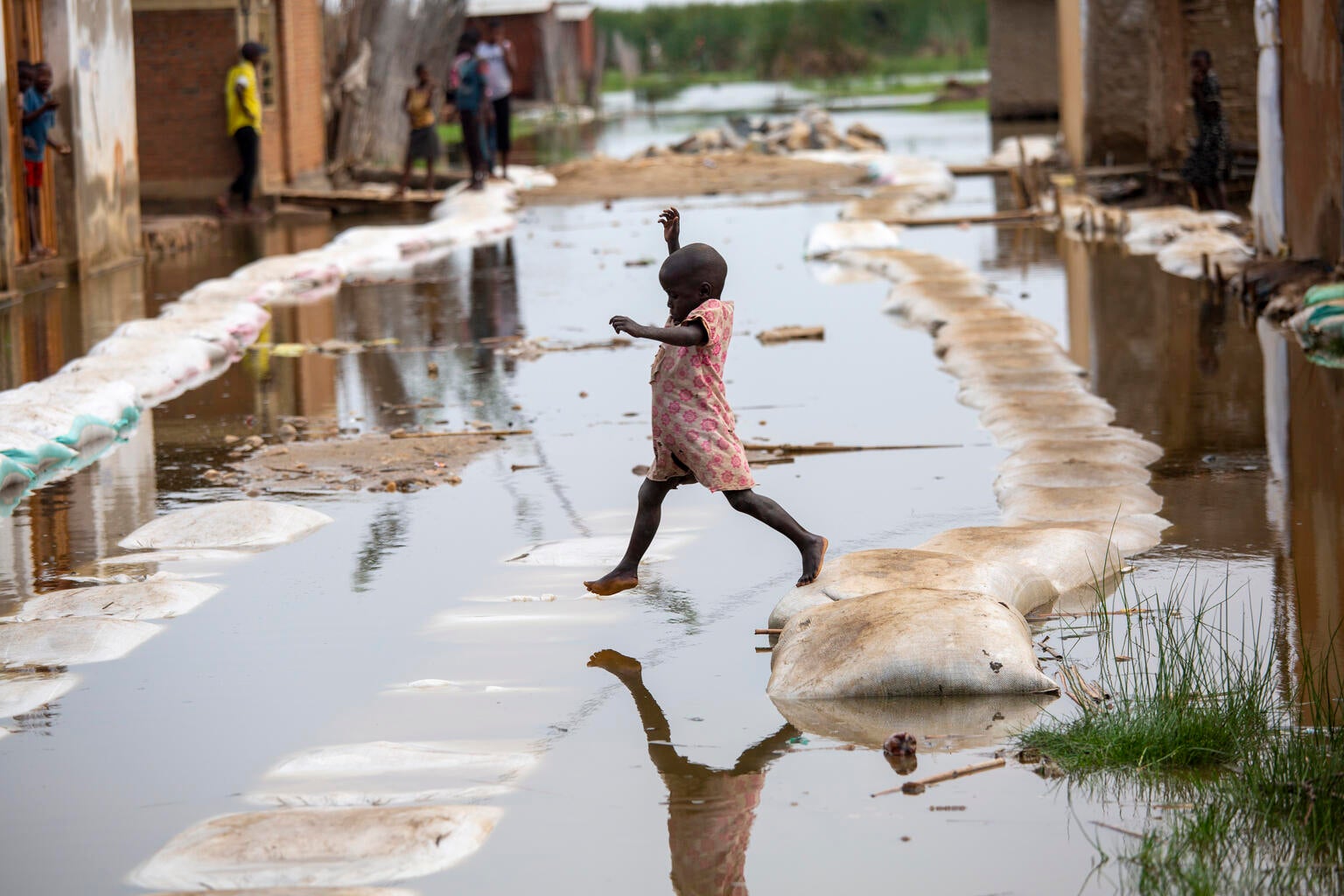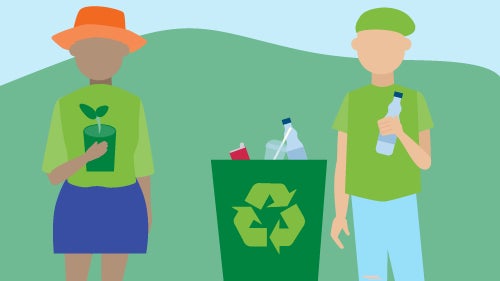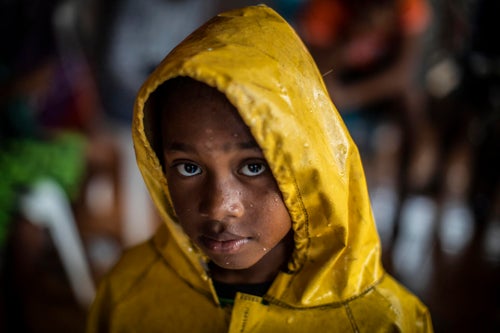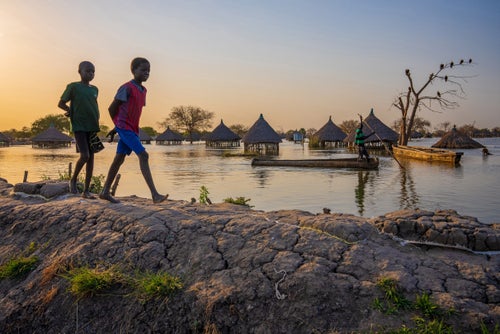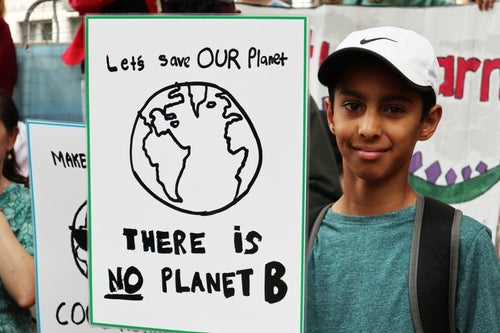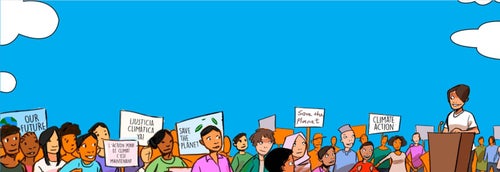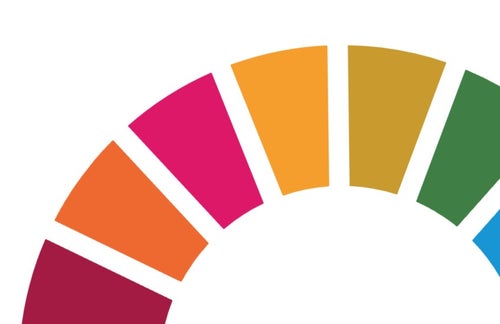Every child on the planet is being affected by climate change.
You can help young people navigate the unfolding crisis with our guides and resources.
The climate crisis is already here, and it is children and young people who have the most to lose. They are physically and psychologically more vulnerable to the impacts of climate change than adults. It threatens their health, education, development and even their survival.
Today, one billion children are at ‘extremely high risk’ of the impacts of climate change – that is nearly half of the world's children – and East Asia Pacific is some of the most vulnerable places in the world to the impacts of a changing climate.
A child born in 2020 in Australia will experience four times as many heatwaves, three times as many droughts and one-and-a-half times as many bushfires as those born in 1960.
But there is hope.
Quick link: Teachers Resources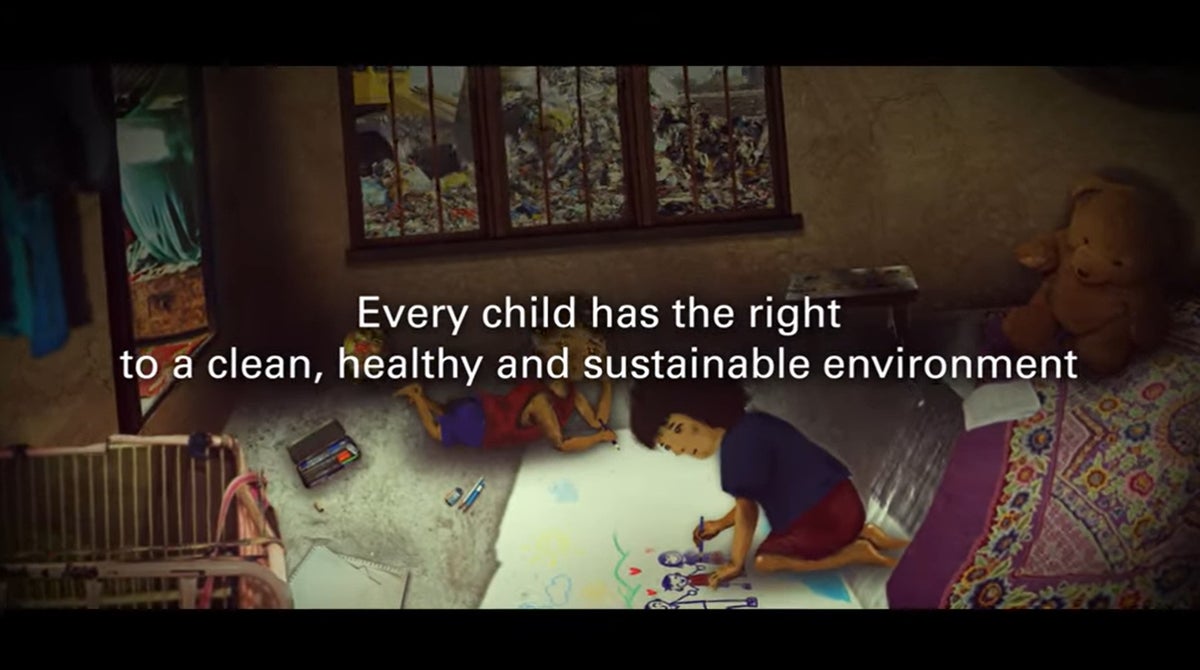
Every child has the right to a clean, healthy and sustainable environment
"Humanity depends on the boundless energy, ideas and contributions of youth everywhere. Today and every day, let’s support and stand with young people in shaping a just and sustainable world, for people and planet."
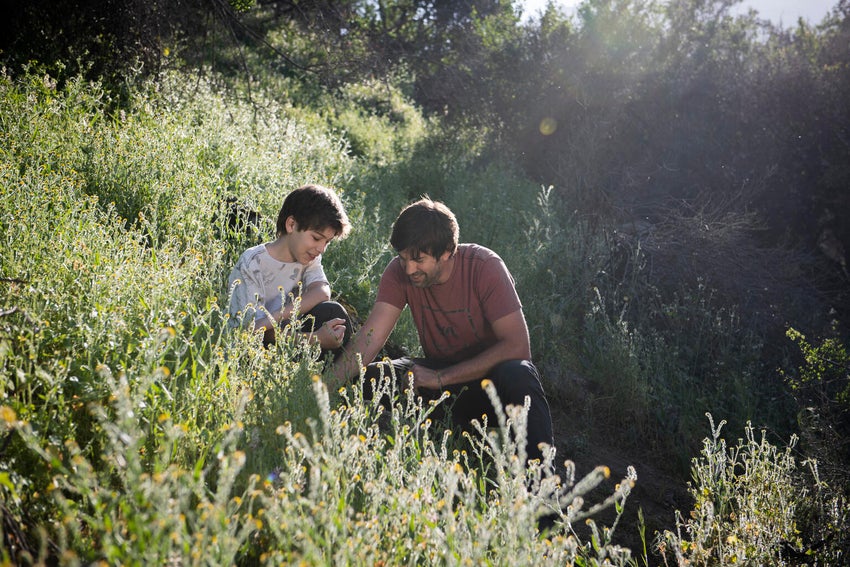
Talking to young people about climate change
Your guide to having honest conversations that give hope while not ignoring the reality and scale of the climate crisis. Although this guide is designed for teachers, it is just as helpful to parents wanting to have conversations with their young people.
Green skills for young people
These are the skills young people need for the jobs of a sustainable future.
Science
To help safeguard natural resources such as vital water supplies.
Engineering
To help design sustainable technologies in areas like waste management.
Agricultural
To help create sustainable food supply chains.
Environmental justice
To ensure human and environmental rights are protected and upheld.

Coping with climate anxiety
The climate crisis is one of the greatest threats of our time, and young people are bearing the brunt. It's no surprise then that 82 per cent of 16 to 25-year-olds in Australia report being moderately or extremely worried about climate change. You can help young people cope with climate-induced stress and anxiety.
What is UNICEF doing to protect young people in the face of climate change?
The climate crisis is impacting children now.
UNICEF is in a unique position to respond with experience and at scale. With local knowledge and industry-leading expertise across diverse sectors – from health and infrastructure to education and nutrition – UNICEF has an unparalleled understanding of the changing needs of communities in the climate crisis, and we are using this knowledge to build innovative and sustainable solutions that work.
We work to adapt critical services and infrastructure to withstand climate shocks and build resilience. At the same time, UNICEF works in mitigation to reduce emissions and prevent worsening impacts of climate in the future. We advocate to governments to prepare, prioritise and protect children from the climate crisis and we support children and young people to participate in climate decision and policy making processes.
And when disaster strikes, UNICEF is there with emergency supplies supporting children and families in need. In 2022 alone, we responded to 94 climate emergencies.
Learn more about our workSupport young people to make a difference
It is normal for young people to feel helpless in the face of climate change, but they can bring positive change in many ways.
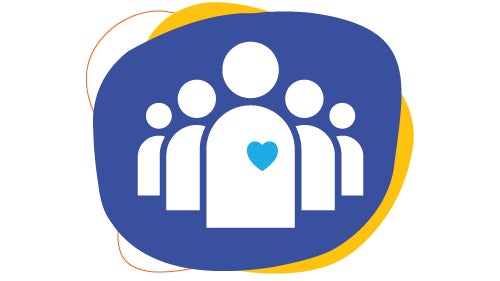
Volunteer
Get involved with a local group or organisation in an area you are passionate about, such as bush regeneration or clean oceans. Helping where you can is a great way to make a difference.

Raise your voice
You can raise awareness of the unfolding climate crisis by advocating to political leaders, talking to family and friends and sharing on social media.
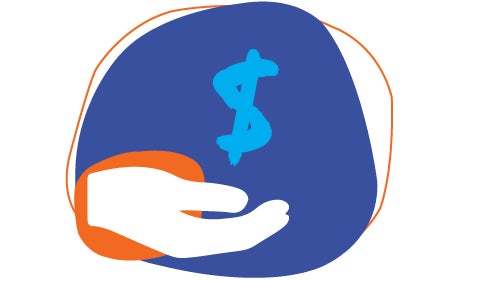
Fundraise
You can help organisations like UNICEF be there during times of emergency by starting your own fundraising event at school or your sports club.



